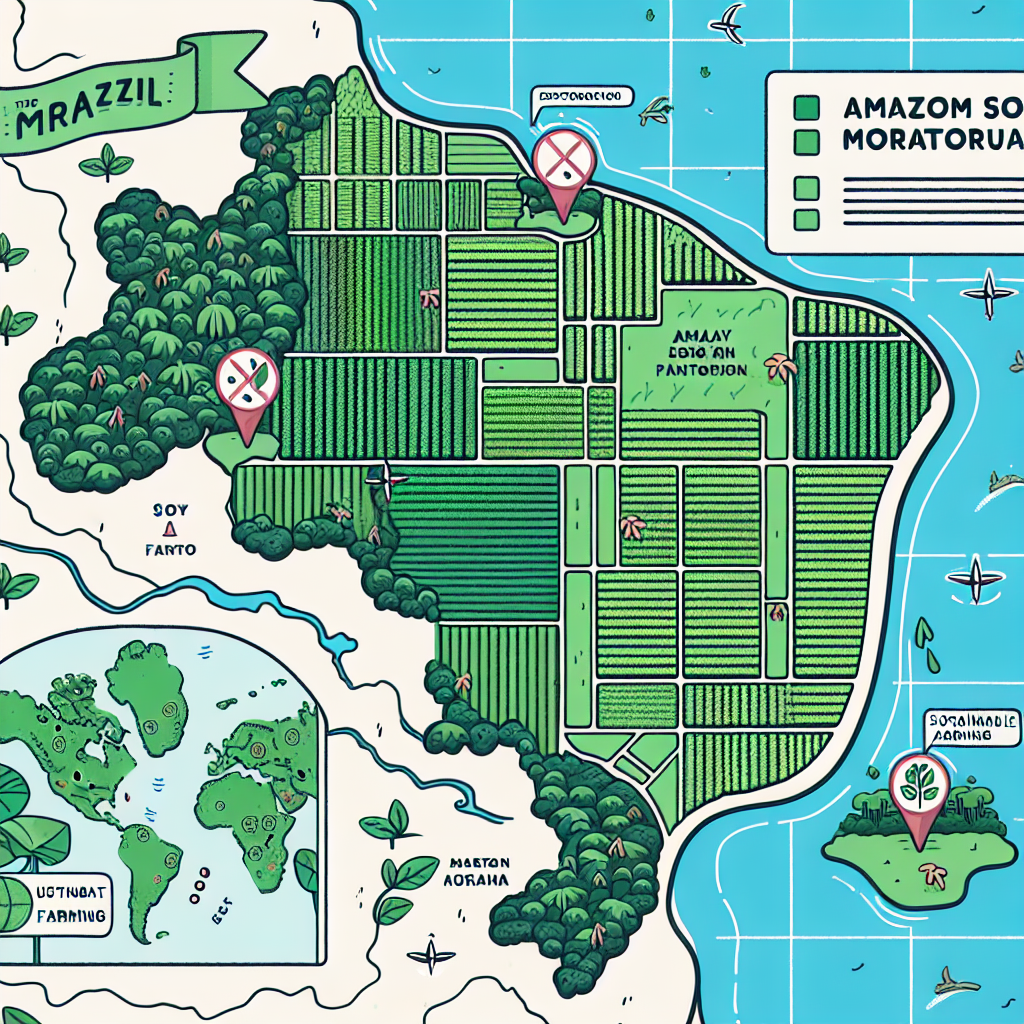Brazil's CADE and the Soy Moratorium: A Brewing Storm
A key figure, Carlos Jacques Gomes, voted to suspend Brazil's longstanding soy moratorium, citing competition issues. This decision has sparked a debate involving traders, legal bodies, and lobbies. While some agree with suspending the pact, others, like Abiove, have legally challenged CADE's directive, intensifying discussions over this environmental pact.

The ongoing debate over Brazil's soy moratorium has taken a new turn, as CADE's counselor Carlos Jacques Gomes voted to suspend the almost two-decade-old agreement. This moratorium has been pivotal in regulating soy purchases from deforested Amazon land since July 2008.
Gomes argues that the pact may enhance the market power of traders, allowing them to negotiate prices more aggressively with farmers. The decision has not come without controversy, as it challenges the environmental initiative's role in rainforest conservation.
While CADE's general superintendent previously warned traders of potential fines, a federal judge granted an injunction favoring Abiove, a group representing oilseed crushers. The decision delays CADE's directive as the panel deliberates further. The vote's outcome remains uncertain, with critical opinions still to be expressed by other CADE councilors.
(With inputs from agencies.)
ALSO READ
French Firms Propel Into Near-Space Competition
Showcasing School Excellence Through Reels: A New Competition in Kerala
Senate Hearing on Airline Competition: CEOs to Testify
Russia and Belarus: A Return to Paralympic Competition
Turkish Football Federation Calls for Israel's Ban from Global Competitions










